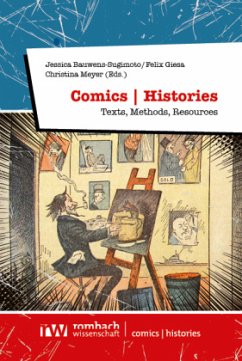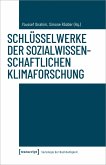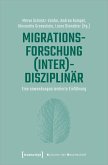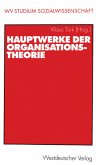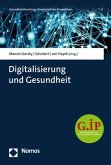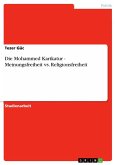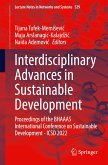This edited study is the first book in a new series of publications which aims to revise the wide spectrum of what are now regarded as comics (including caricatures, cartoons, graphic novels, etc.), broadening the view of Comics Studies, not only retrospectively but also prospectively at a time when modern media identities are dissolving. While there are already significant numbers of publications that foreground representations of history in comics, our edited study (and the new series) seeks to highlight contributions to history by comics in particular. In addition to that, the book (and the series) aims to address comics from a transnational, yet culturally situated, perspective, without privileging national histories of the medium in the narrower sense, i.e., as confined to the North American, Franco-Belgian or Japanese publication markets. The contributions to this first book in the series not only address questions relating to practices of canonisation, periodisation and digitisation, but also provide historical perspectives on a variety of humorous magazines and newspapers and deal with issues relating to adapting and revising comics in different parts of the world and in different cultures. The contributors to this book include a number of international scholars working in different areas and disciplines, such as literary and cultural studies, me-dia studies, history, children's and youth literature research, computational studies and digital humani-ties. The book is divided into four parts, entitled 'Re-Reading Punch Magazines', '(Re-)Productions', 'War [in] Comics' and 'Periodization, Canonization, Digitization' respectively. The editors of the book hope that the collection of (ongoing) research projects will spark readers' curiosity and ignite their ambition to ex-plore comics histories in multifarious ways. The newly launched series is looking for future projects that will also focus on the historiography of Comics Studies, in other words, inter- and transdisciplinary research on comics as objects of analysis in themselves. Multidisciplinary assessments of the field and its practices in terms of research and publishing and author- and editorship promise new insights into processes of knowledge formation, as well as the power relations involved.
Bitte wählen Sie Ihr Anliegen aus.
Rechnungen
Retourenschein anfordern
Bestellstatus
Storno

